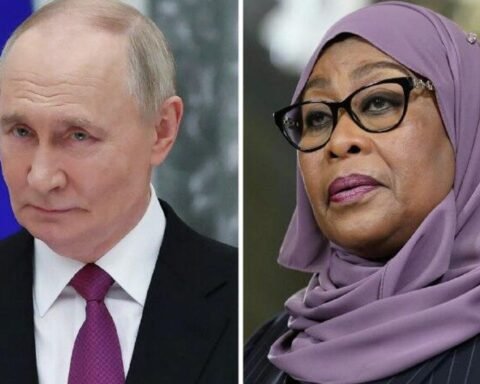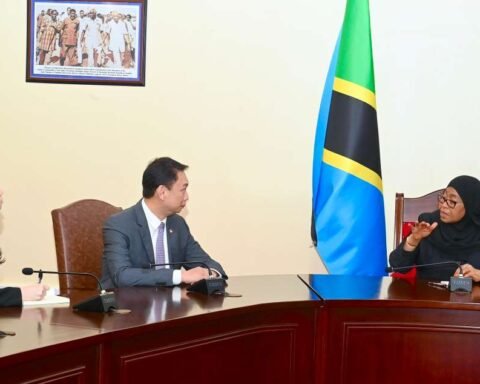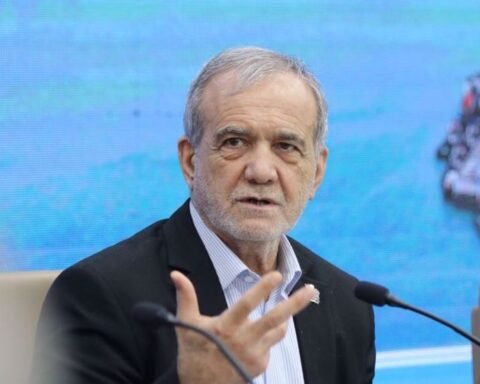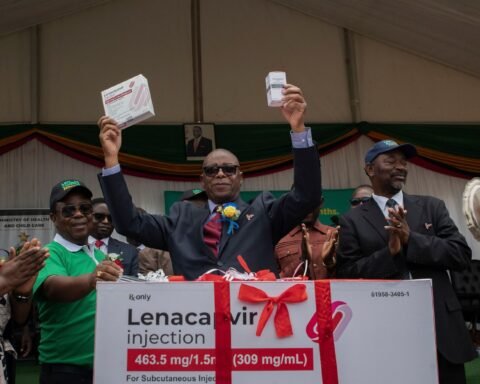In the early hours of September 12, Tanzanians woke up to news that opposition candidate Luhaga Mpina was once again facing a legal storm. Just days after the High Court reinstated him on the presidential ballot, fresh objections were filed in an attempt to block his candidacy.
The petitions, lodged by the Attorney General and rival politicians from two smaller parties, argue that Mpina’s nomination process was flawed. They claim he lacked proper sponsorship, failed to meet eligibility standards, and was not selected according to his party’s constitution. For the opposition party ACT-Wazalendo, the timing of these challenges is no coincidence. The party insists the objections are politically driven, orchestrated to weaken Mpina’s bid ahead of the October 29 polls.
“We see this as a clear strategy to silence an alternative voice,” said Shangwe Ayo, ACT’s Deputy Secretary for Public Relations. “The people are watching, and they know the difference between justice and politics.”
To defend itself, the party has already filed its legal response and launched a constitutional petition at the High Court, arguing that the Registrar of Political Parties acted outside the law when reviewing Mpina’s nomination. The petition has been fast-tracked under emergency procedures, highlighting how urgent and sensitive the matter has become.
Also Read; UN Assembly Backs Gaza Two-State Roadmap
Only days earlier, the High Court in Dodoma had delivered a landmark ruling, describing Mpina’s disqualification as unconstitutional and unlawful. The judgment emphasized that denying him the right to be heard before being barred from the race violated fundamental principles of justice. That decision had brought hope to his supporters — hope that now feels fragile in the face of new legal hurdles.
But ACT is not just on the defensive. The party has also promised to challenge the nomination of the ruling party’s candidate, arguing that the governing party failed to follow its own procedures during the selection process. Such accusations add another layer of uncertainty to an election already charged with tension and suspicion.
For ordinary Tanzanians, however, the legal jargon masks a simpler concern: fairness. As the election date draws closer, every objection and every courtroom session seems less about paperwork and more about the credibility of the democratic process.
The Independent National Electoral Commission (INEC) now faces the difficult task of steering the nation through these disputes while safeguarding public trust. With just over a month left before voters cast their ballots, the political drama unfolding in the courts could ultimately shape how Tanzanians view not just this election, but the future of their democracy.







